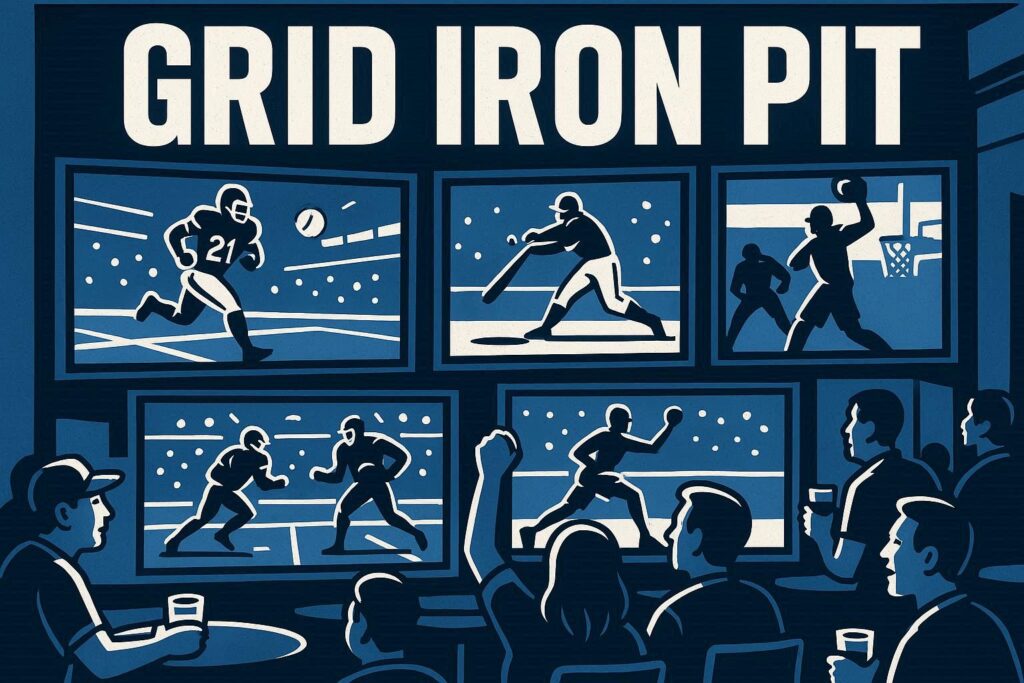The State of New Jersey has filed its opening brief with the U.S. Court of Appeals for the Third Circuit, presenting a detailed legal challenge to a lower court’s decision that has allowed the event-contract market Kalshi to continue operating in the state. In the 53-page brief filed June 10, the state contends that the district court erred in issuing a preliminary injunction.
In its brief, the New Jersey Attorney General’s office asserts that the lower court’s interpretation of federal law is overly broad and leads to irrational outcomes. The state argues that Congress did not use a minor amendment to the CEA in 2010 to revolutionize the U.S. gaming industry, invoking the “elephants in mouseholes” legal doctrine, which posits that Congress does not hide massive policy shifts in vague or obscure statutory language. The brief also highlights what it frames as a direct contradiction between Kalshi’s current legal position and arguments the company made in a previous lawsuit, a point now reportedly under judicial scrutiny in a parallel case in Maryland.
Defining a ‘swap’
Once again, a pillar of New Jersey’s argument is that Kalshi’s legal case rests on a flawed definition of a “swap.” Kalshi has successfully argued that its products qualify as swaps because they are based on events with a “potential financial, economic, or commercial consequence,” with the district court citing the economic impact of sports on television and advertising as sufficient justification.
New Jersey attacks this interpretation as limitless. The state’s brief argues that if any indirect economic ripple effect can turn a wager into a federally regulated financial instrument, then “it is difficult to imagine anything that would not be a swap.” The state illustrates the potential consequences, noting, “Any person betting their friend $100 that he will miss his Amtrak train is apparently now subject to CFTC oversight… So too for the local raffle to benefit a charitable cause.” Following this logic, the state contends, every licensed casino and sportsbook in the country would be operating an illegal swap market in violation of federal law — an outcome Congress could not have intended.
The state proposes a narrower interpretation: For an event to have a “financial consequence” under the CEA, the event itself must be inherently financial, such as a change in an interest rate, currency value, or commodity price. The outcome of a football game, New Jersey asserts, is not itself a financial instrument and its secondary impact on advertising revenue is irrelevant to the legal definition.
Challenging federal preemption
Even if the court finds the sports event contracts are swaps, New Jersey argues that the case for federal preemption of its gaming laws is “particularly weak.” The state invokes the legal principle that courts must assume states’ historic police powers in a traditionally state-regulated field, such as gambling, are not superseded by federal law unless that was the “clear and manifest purpose of Congress.”
The brief argues against the three forms of preemption:
Express Preemption: New Jersey argues that the CEA’s “exclusive jurisdiction” clause does not constitute an explicit preemption of state law. The state asserts that the clause intended to delineate authority between federal agencies, primarily the CFTC and the Securities and Exchange Commission (SEC), rather than to erase state gaming laws.
Field Preemption: The state argues that the CEA does not create a regulatory scheme so “dense and all-encompassing” that it leaves no room for state law, contrasting it with the comprehensive federal laws that govern areas like immigration or nuclear safety.
Conflict Preemption: Finally, the brief claims New Jersey’s laws do not conflict with the CEA but rather complement it. It points to the CEA’s own “special rule” for event contracts, which prohibits markets based on “gaming” or any “activity that is unlawful under any… State law.”
Therefore, the state concludes that its law deeming Kalshi’s unlicensed operation unlawful is aligned with, not in conflict with, the federal statute.
Highlighting Kalshi’s prior legal arguments
In a notable section of the brief, New Jersey quotes from a previous lawsuit between Kalshi and the CFTC. The state highlights that in the earlier case, Kalshi argued that contracts on “games — again, activities conducted for diversion or amusement—are unlikely to serve any ‘commercial or hedging interest.'”
New Jersey’s brief also cites Kalshi’s prior admission that “a contract on the outcome of a sporting event” is a “classic example” of the “gaming” that “Congress did not want… to be conducted on derivatives markets.” The state uses these prior statements to frame Kalshi’s current position as a strategic reversal tailored to its present legal needs.
The legal standard for appeal
For New Jersey to succeed, it must convince the three-judge appellate panel that the district court abused its discretion by granting the preliminary injunction. The state could meet this standard if it shows that the decision was based on a significant error of law. The Third Circuit will review the lower court’s legal interpretations “de novo”, without giving special weight to the first judge’s conclusions.
In the initial case, the burden was on Kalshi to show it was likely to succeed on the merits of its arguments. New Jersey’s path to victory on appeal is to demonstrate that this conclusion was clearly a misinterpretation of the law. Appellate courts are often skeptical that Congress would make massive changes to the balance of federal and state power without saying so clearly. New Jersey’s claim that Congress did not silently federalize the entire multi-billion-dollar gaming industry through a technical amendment is a strong argument that the district court erred in finding Kalshi established a likelihood of success on the merits of its preemption claim.
If the appellate court agrees with New Jersey’s interpretation of Congressional intent, it could rule that the injunction was improperly granted and reverse the decision.
What’s next?
Now that New Jersey has asked the Third Circuit to reverse the preliminary injunction, Kalshi has 30 days to file its response brief. The Third Circuit’s decision on this appeal will mark a new phase in this legal battle and will set a powerful precedent that could influence ongoing legal battles in states across the country.





